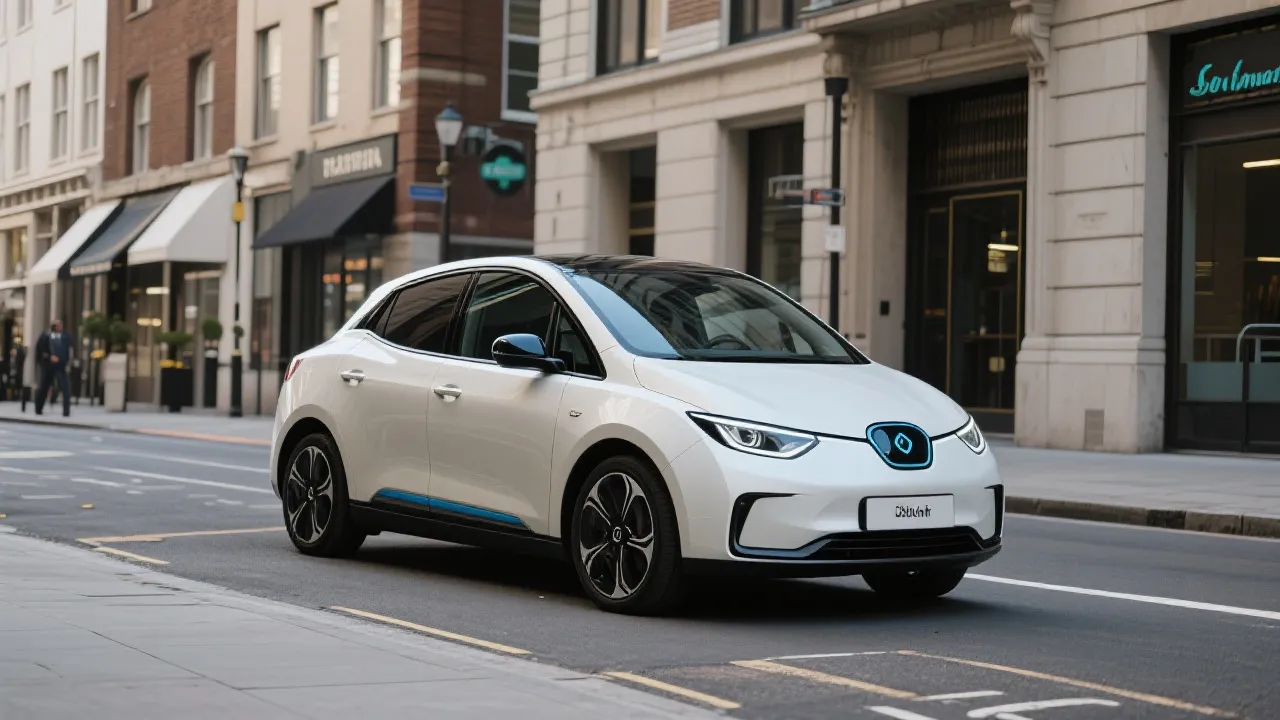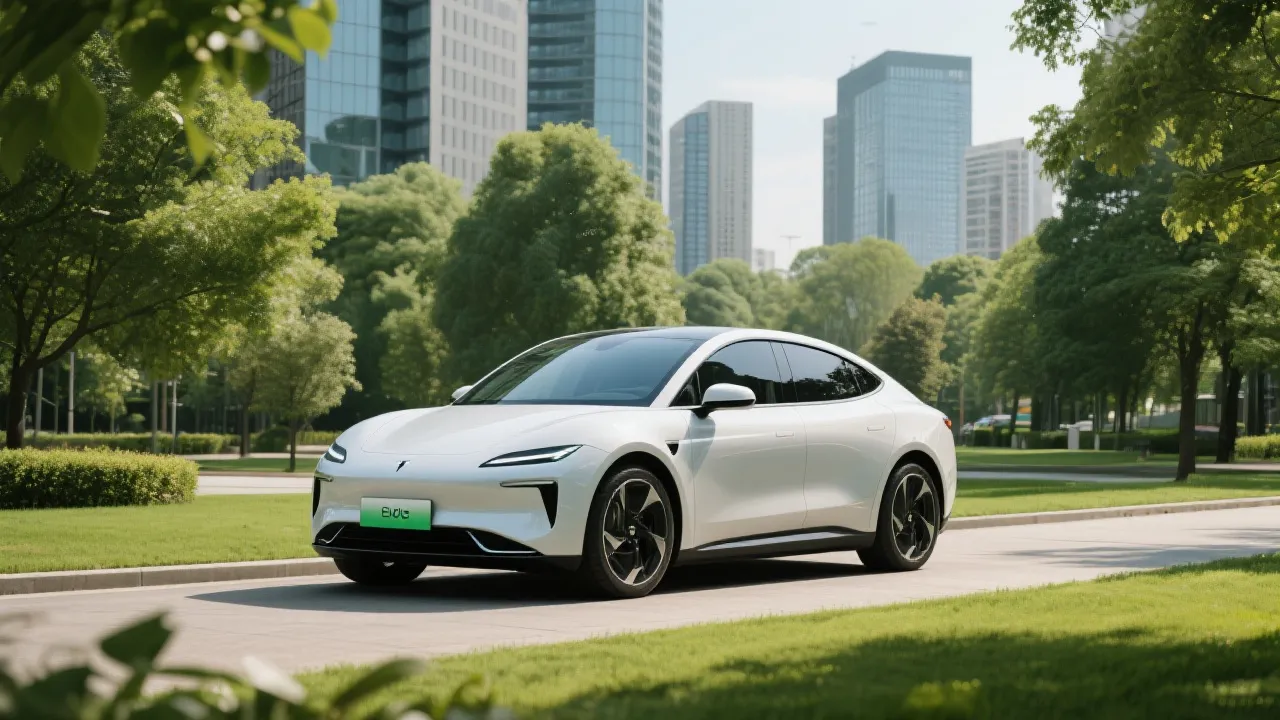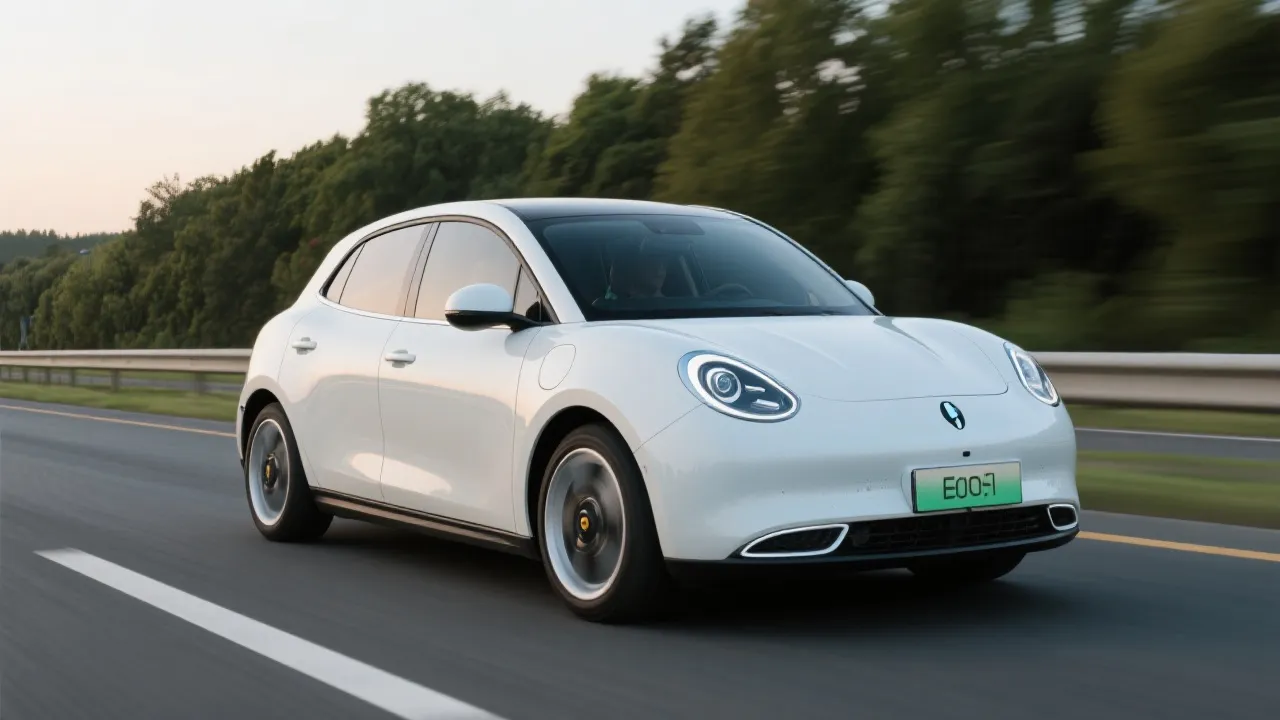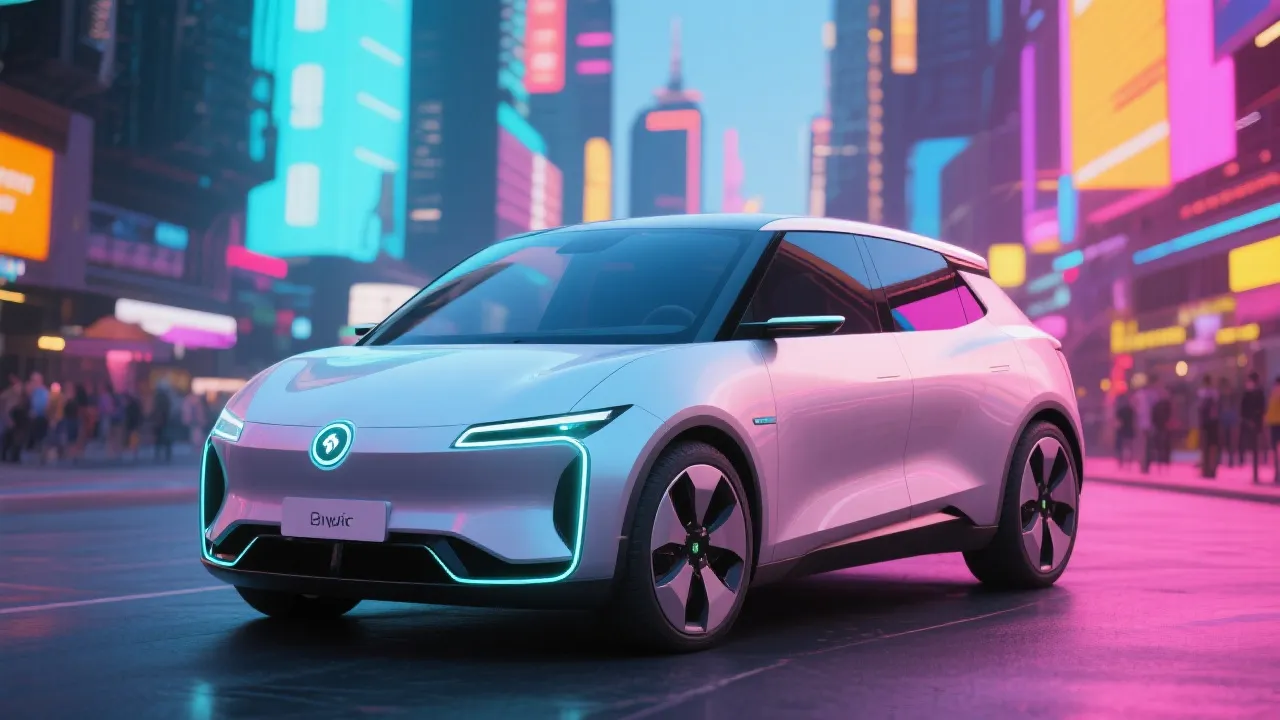Maximize Your Volvo XC40's Mileage: Discover the Secrets to Optimal Fuel Efficiency!
Maximizing the fuel efficiency of a Volvo XC40 is top-of-mind for many motorists who are conscious of financial savings and environmental impact. This vehicle is designed with high-tech features to minimize fuel usage, but drivers can take additional steps to improve mileage. This guide will highlight tips for stretching your fuel further.
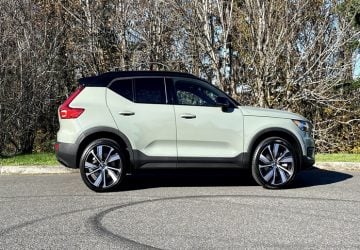
Maintaining Your Vehicle:
Stay on schedule with oil changes, and use the oil type specified by the manufacturer to keep your engine functioning at peak efficiency, thus conserving fuel.
Inflate your tires to the proper level, as underinflated tires can lead to increased resistance on the road, which in turn, ramps up fuel consumption. Regular checks and alignments are crucial for optimal tire health.
Regularly inspect and replace air filters when they become dirty, as a clean air filter is essential for maintaining engine performance and fuel economy.
Adopting Better Driving Practices:
Opt for gradual accelerations and come to a stop gently instead of abrupt movements to save fuel.
Engage cruise control on highways to maintain an even speed and potentially use less fuel.
Minimize idling time. If you're stationary for an extended period (not in traffic), turning off the engine can be more fuel-efficient.
Limiting Car Load and Reducing Drag:
De-clutter your vehicle to avoid carrying unnecessary weight, which can negatively affect fuel economy in compact SUVs like the XC40.
Removable roof racks should be taken off if not in use as they add wind resistance and reduce aerodynamics, affecting your vehicle's fuel consumption.
Optimizing Air Conditioning and Electronic Usage:
Air conditioning systems, while efficient, still draw on power and can affect fuel economy, particularly at lower speeds. Use A/C sparingly and try using ventilation for cooling when possible.
Avoid excessive use of energy-consuming features like seat heaters or defrosters that can place additional load on the engine, reducing fuel economy slightly.
Smart Route Planning:
Steer clear of congested traffic, which can cause fuel wasting start-stop conditions. Adjusting your travel times can improve efficiency.
Smartly plan your route using the vehicle’s navigation system or mobile apps to avoid delay-prone areas, thereby saving time and fuel.
Doing errands back-to-back rather than taking individual trips can reduce fuel usage, especially since engines consume more fuel when cold.
By adhering to a regimen of diligent maintenance, practicing economical driving, and making strategic choices, you can extend your fuel supply and lessen your environmental footprint. Prudent use of resources leads not just to cost savings, but also to the preservation of our planet, making every conserved gallon a stride toward sustainability.







